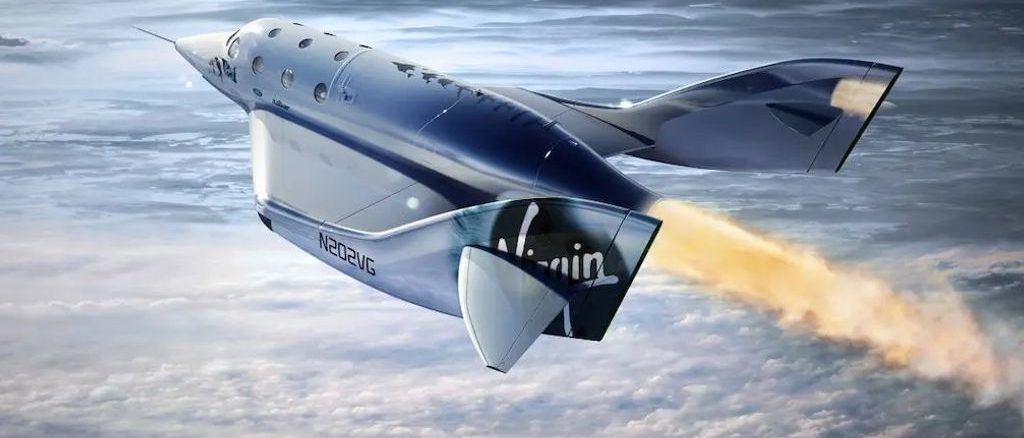
Virgin Galactic Makes Its Debut
Nearly 20 years after its founding, Richard Branson’s company, Virgin Galactic, is gearing up for its first commercial space flight. The rocket plane VSS Unity will carry six passengers to the edge of space. However, with recent accidents such as the crashed submarine, Titan, still fresh in people’s minds, concerns regarding the safety of this venture have been raised.
Experts Weigh In on Safety
Aviation expert Joris Melkert anticipates that the Galactic 01 flight will be reasonably safe, given the extensive testing that has taken place. In this regard, comparing it to the mini-submarine is not valid. New spacecraft must obtain approval from the United States Aviation Authority FAA. Furthermore, Richard Branson himself has flown on a test flight. Nevertheless, Melkert acknowledges the complexity of space travel and the ongoing challenge of ensuring safety.
In 2014, Virgin Galactic faced a setback when another space plane crashed during a test flight over California. One pilot lost their life, while the other suffered serious injuries due to a problem with the tail wings. Since then, the issue has been rectified, and there have been no similar incidents.
Pleasure Trip in an Extreme Environment
Tommaso Sgobba, Director of the International Association of the Advancement of Space Safety, draws parallels between the crashed submarine and Virgin Galactic’s commercial space flight. Both involve technology operating in an extreme environment and aim to provide a pleasurable experience. However, Sgobba points out that if something were to go wrong in such an environment, the chances of survival are slim. He highlights the contrast between the lack of safety requirements for commercial vehicles and the strict regulations applicable to NASA, the US government’s space agency.
Environmental Concerns
Aside from safety concerns, environmental damage is also a significant consideration in the rise of space tourism. Although still in its early stages, the number of launches is expected to increase in the future.
One environmental impact of rockets is the emission of substances into the atmosphere, including water vapor, which acts as a greenhouse gas. At lower altitudes, this vapor precipitates as rain or snow. However, in the thin air at higher altitudes, these particles linger for an extended period. While a few missile launches may not have a significant impact, the cumulative effect of multiple launches raises environmental concerns.
The Overview Effect
Supporters of space tourism often highlight the “overview effect” experienced by passengers during their flight. This phenomenon refers to the newfound awareness of the Earth’s vulnerability and the interconnectedness of all life on the planet. Astronaut André Kuipers, who has been to space twice and spent over six months on the International Space Station, attests to this transformative experience. However, he emphasizes that one does not necessarily have to go into space to appreciate Earth’s fragility. A beautiful view or witnessing natural wonders like the Northern Lights can evoke a similar sense of awe and connection.
Kuipers also points out that Virgin Galactic’s commercial flight does not fully qualify as space travel. The VSS Unity does not reach the legal limit of outer space at 100 km altitude, and passengers only have a few minutes to enjoy this experience before descending back to Earth. Despite understanding the desire for such trips, Kuipers expresses concern about mass space tourism and its potential environmental impact, drawing a parallel to the issue of waste on Mount Everest.
For those who still wish to embark on a space journey, Kuipers suggests a different approach. Instead of engaging in weightless activities, passengers should take the time to appreciate the view and reflect on the Earth’s beauty and fragility.
Upcoming Flight Details
The debut commercial flight of VSS Unity, named the Galactic 01, is scheduled to take off after 17:00 Dutch time. Prior to the space flight, the rocket plane will be carried to an altitude of 15 kilometers by a larger aircraft, the VMS Eve. Subsequently, the VSS Unity will ignite its rocket engine, propelling it to an altitude of 80 kilometers.
Those interested can follow the Galactic 01 flight via the Virgin Galactic website.

Be the first to comment